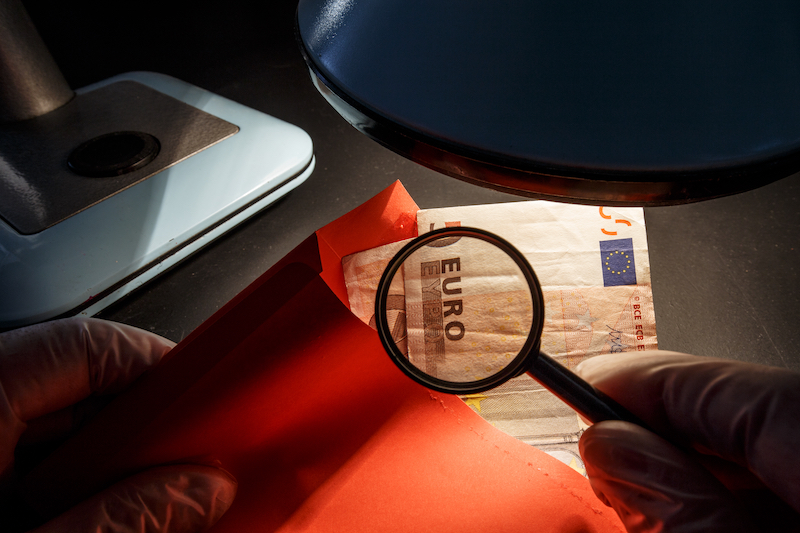What is Money Laundering (ML)?
Money laundering refers to the “cleaning” of criminal revenue to disguise its illegal source and facilitate its use in legitimate, everyday activities. Without money laundering, it would be impossible for criminals to spend the money they earn through criminal activity. Consequently, money laundering enables criminal activity by facilitating its profitability, continued operation, and expansion.
The scale of money laundering is immense. A 2020 report by Deloitte estimated that money laundering makes up 2-5% of the global GDP (as much as $2 trillion). Accordingly, money laundering is regarded as a major financial crime – although punishments vary across nations, penalties are always serious and being found guilty on serious charges can lead to long-term prison sentences.
The larger the proceeds from a crime, the greater the incentive is to launder those proceeds because it becomes hard to spend large amounts of undeclared money without drawing the attention of tax authorities and law enforcement agencies.
Accordingly, although money laundering is committed to “clean” the money generated by petty crimes, money laundering is essential for the operation of large and sophisticated organized criminal groups. Illegal arms sales, embezzlement schemes, prostitution rings and drug trafficking operations all depend on money laundering for their profitability and continued operation. Evidently, money laundering is not a victimless crime.
What is Anti-Money Laundering (AML)?
Anti-Money Laundering (AML) is a broad term that encompasses the vast array of laws, regulations and policies that are created and implemented to combat money laundering and other associated types of financial crime. Ultimately, these laws aim to make it impossible to make use of any revenues generated by criminal activities.
AML can play an active and essential role in crime fighting and the prosecution of criminals and criminal organizations. During the investigation and prosecution of criminal activity by law enforcement, it is often the connections made through financial transactions that provide the evidence necessary to identify hidden assets, establish the identity of criminals, and link criminal activity to larger organizations.
Because money laundering is such a major financial crime, there are global institutions and organizations dedicated solely to creating legislative guidelines for AML policy, as well as both domestic and international law enforcement agencies that specialize in the investigation and prosecution of money laundering.
AML legislation, therefore, exists to stamp out the criminal activities that are enabled and sustained by the practice of money laundering.
What is AML/CFT?
The financing of terrorism is most often done using laundered money that has been generated through criminal activity. Because it is laundered money that most commonly funds terrorism, Anti-Money Laundering (AML) legislation is typically grouped with Countering the Financing of Terrorism (CFT) legislation.
Due to the similar ways in which money laundering and terrorism financing are addressed, the legislation created to address the two issues are generally grouped into the same regulatory portfolio and enforced by the same national regulator.
To read more about AML/CFT laws and the strict regulatory compliance obligations for businesses, institutions and organizations, click here.
AML/CFT Compliance Solutions in South Africa
Although there are universally recognized guidelines for AML/CFT regulations, every country typically has their own set of regulatory requirements that govern how businesses, institutions and organizations in that specific country must conduct business with their customers.
When doing business in a country and ensuring compliance with its complex financial regulations, it is important to employ experts in the relevant country who are best equipped to operate within the nexus of legislation, law enforcement and economic realities while delivering high-quality and cost-effective services.
As South Africa’s leading provider of world-class due diligence and remote-onboarding solutions, ThisIsMe is proud to be at the forefront of a trust-based and privacy-compliant digital world. To experience our full suite of advanced due diligence services, book a demonstration by contacting our team here.

